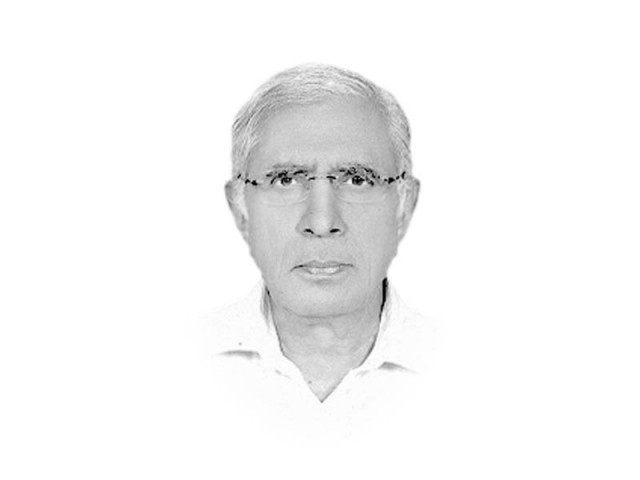Healthcare — a model to emulate
In developing countries like Pakistan financial burden of healthcare systems can be insurmountable hurdle

The writer served as executive editor of The Express Tribune from 2009 to 2014
Although it is not among the world’s richest economies, Thailand succeeded in introducing an affordable system that has had a dramatic impact on the health of its people.
According to Charlotte Edmond of the World Economic Forum, (Thailand gave healthcare to its entire population and the results were dramatic, published in Weekly Agenda, World Economic Forum- on April 15, 2019) sweeping reforms in which healthcare is funded through taxation have turned Thailand into a poster child for universal healthcare systems in emerging markets.
“Child mortality rates have been cut, while treatments such as antiretroviral therapies and renal replacement therapy have saved adult lives. Meanwhile, there has been a significant drop in “catastrophic health spending”, out-of-pocket payments (payments to healthcare providers at the time of use), and medical impoverishment.
“Before the introduction of Thailand’s Universal Coverage Scheme in 2001, the insurance programmes in place had provided patchy and often unaffordable coverage. As a result, around a quarter of people in the country were uninsured.
“The UCS provides coverage to three quarters of the population (approximately 47 million people) and accounts for 17% of the country’s healthcare expenditure. Funded through taxes, it places the biggest cost burden on those that are most able to afford it. Consequently, the biggest beneficiaries of the scheme have been those with the lowest income, in particular women of child-bearing age.
“In the decade since the UCS was introduced, the correlation between poverty and infant mortality disappeared. Alongside this, there was a more or less immediate improvement in the number of people that were prevented from going to work through illness, particularly at the older end of the workforce. By 2011, 98% of the population had access to healthcare.
“The Thai government has learned from other health systems internationally, and is able to use the sheer scale of the UCS as leverage to gain purchasing power and secure medicines at lower cost. And, of course, the UCS was not magicked out of thin air: it came after decades of wrangling the healthcare infrastructure to meet demand, including building up rural provision.
“The roll-out of Thailand’s system is evidence that universal healthcare provision is possible in lower-middle income countries.”
With an estimated 400 million people worldwide lacking access to basic healthcare, it is Africa and Asia which bear most of the burden. In Africa, an estimated 11 million people a year fall into poverty as a result of healthcare costs.
Other countries too have tried in recent times to introduce healthcare to all — with varying levels of success — include Colombia, South Korea, Turkey and Mexico. Meanwhile, in February, President of the Philippines, Rodrigo Duterte, signed a universal healthcare bill into law.
A recent OECD study found that although healthcare has improved in the Asia Pacific region in the past decade, low income households in rural areas continue to struggle with access due to distance and financial constraints.
A 2013 World Bank Group study of 22 countries to have tackled universal healthcare coverage concluded that models needed to be fair, efficient and sustainable, using several methods to strengthen accountability of all parties. These range from introducing systems that incentivise cost control and efficiency, to ensuring that the package subsidises the poor and vulnerable.
Published in The Express Tribune, May 4th, 2019.
Like Opinion & Editorial on Facebook, follow @ETOpEd on Twitter to receive all updates on all our daily pieces.















COMMENTS
Comments are moderated and generally will be posted if they are on-topic and not abusive.
For more information, please see our Comments FAQ